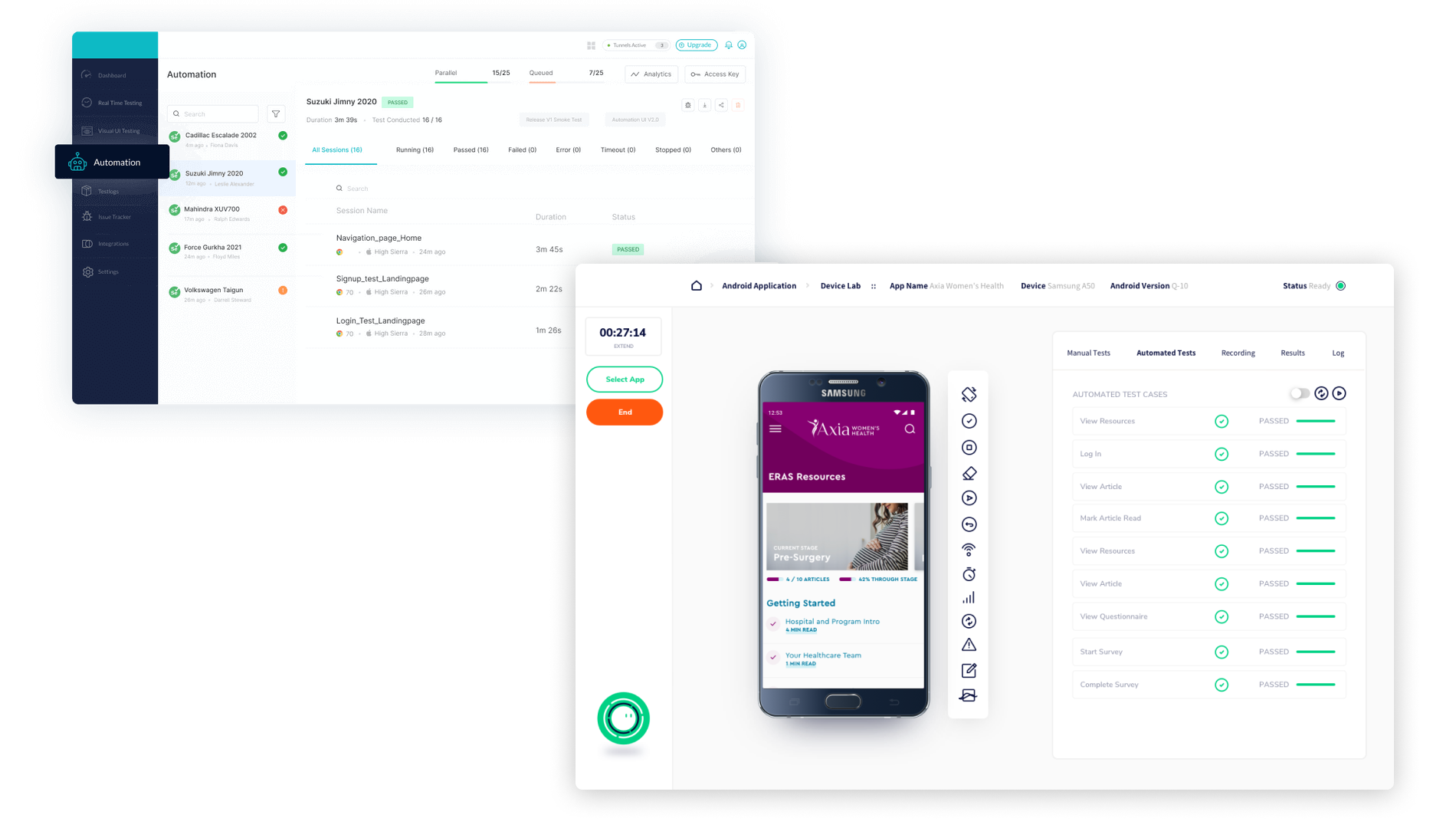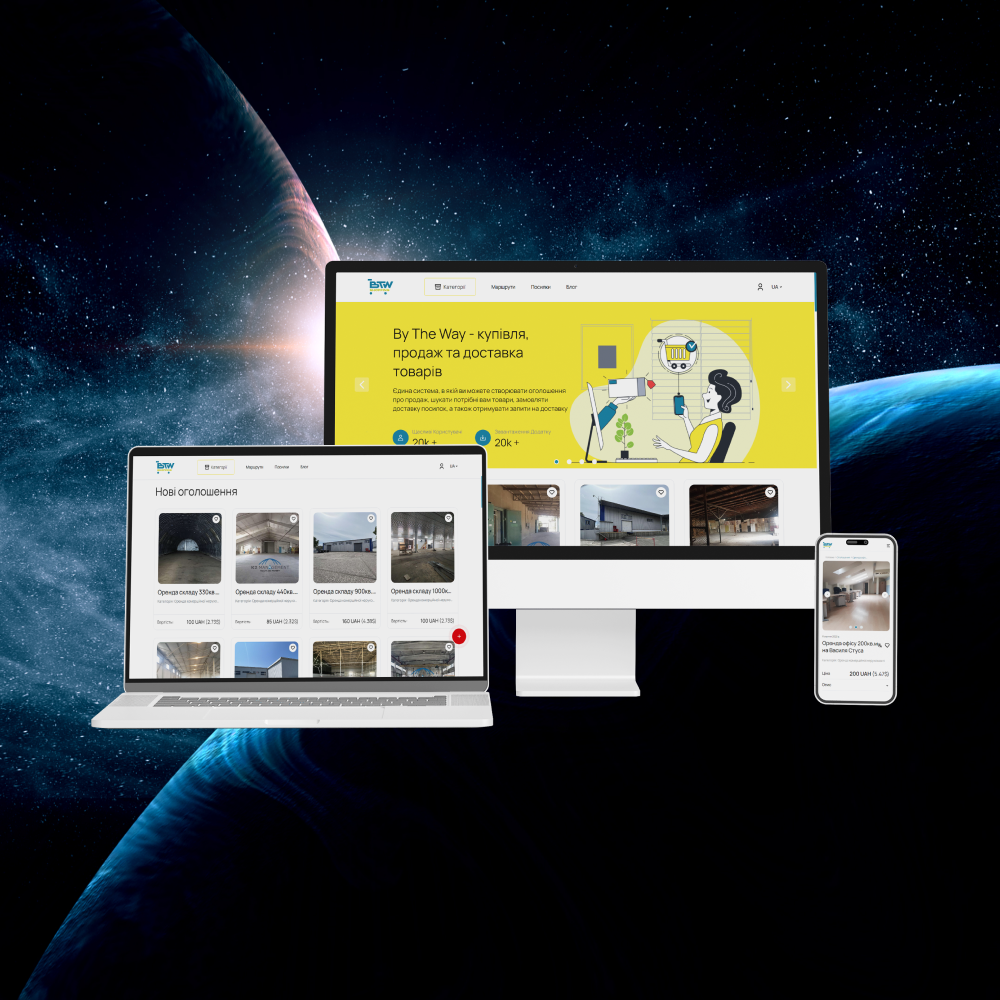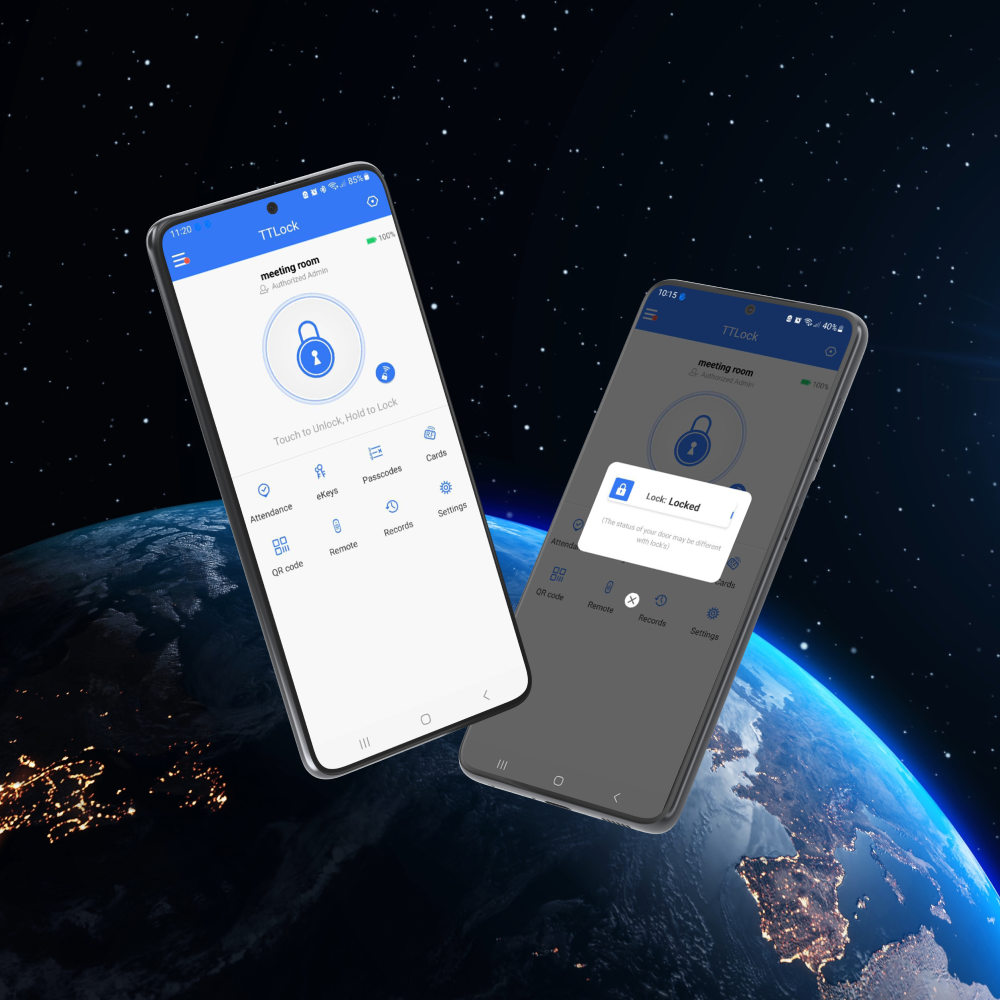Functional Testing: Types and Features
Functional Testing: Types and Features
types and featuresFunctional Testing: Types and Features types and features
Functional testing is a type of QA during which a software product is checked for compliance with predetermined technical requirements and customer expectations. It can be done manually or using specialized software.
Depending on the level of access to the project code, there are two methods of functional tests:
- Blackbox, or “black box” testing, is carried out by QA engineers and does not concern the program code.
- Whitebox, or “white box” testing – takes into account the work of internal mechanisms, systems and components of the product and is often performed by developers.
Why functional tests are so important
Benefits of Functional TestsWhy functional tests are so important Benefits of Functional Tests
By downloading an application to your smartphone or opening a website on the Internet, a person expects the software to work correctly and cope with the tasks assigned to it. To make sure that this is indeed the case, developers can use functional testing. Consistent and structured reviews help to identify technical problems in the product and fix them in a timely manner – even before the program gets into the hands of the end user.
Advantages of functional tests:
- They guarantee the release of a working product, without bugs and defects.
- Provide clear assurance that the project meets the client’s expectations.
- Provide customers with a good user experience from the first interaction with the product.
- Significantly reduce the risks and financial costs of product development.
- Provide a high degree of security.

Types of functional testing
Quality assuranceTypes of functional testing Quality assurance
Depending on the specification and scope of testing, there are several types of functional testing. Consider the features of each of them.
Modular or Unit Testing
Unit testing refers to whitebox methods. Its essence is to check the correctness of the work of each unit of program code – a function, class, string or object. This helps developers detect and fix problems in the software at a lower level, which increases the speed of software product development, and thus reduces the cost.
Component testing
During component testing, as well as during unit testing, the performance of individual parts of the software product is checked. The only difference is that the component tests are not carried out by the developer, but by a QA engineer in the Blackbox format. That is, the operation of individual functions on the user side is checked.
To obtain objective results, individual product components can be isolated using special “stubs” and drivers to make sure they work properly, regardless of other functions.
Smoke testing
Smoke testing is a series of surface tests that make sure that the software product works and performs its main tasks after the code is built. Further testing of the quality of the project is possible only after the successful completion of this stage.
Integration testing
In the process of integration testing, individual software modules are combined into functional groups and tested as a whole. Such checks are necessary because problems in the operation of the software may remain, even despite preliminary unit testing, which may be due to several factors:
- The product is developed by different programmers, each of whom writes code based on their own logic. Because of this, conflicts can occur during the software build process.
- Customer requirements may change during the development process, due to which the code may contain incorrect or outdated modules.
- External hardware interfaces may contain errors.
- Problems can arise from incorrect exception handling.
Regression Testing
After fixing bugs, the software product needs to be tested again to make sure that the bugs are actually fixed, and debugging the code did not lead to unexpected breakages in other parts of the project. This type of testing is called regression testing and, most often, is carried out automatically, using special software.
API testing
Such tests help to determine whether the developed software can correctly interact with third-party services and programs, and fully meets expectations in terms of functionality, performance and security.
Usability Testing
Usability tests measure how comfortable a person is in using software. With the help of such checks, QA engineers find problem areas in the interface, and give developers the opportunity to look at the product through the eyes of the end user.
Functional and non-functional testing
what is the difference?Functional and non-functional testing what is the difference?
The main goal of functional testing is to identify bugs and inconsistencies in the functionality of a software product, while non-functional testing involves checking the scalability and reliability of the project.
Non-functional tests include:
- performance testing;
- Stress Testing;
- volume testing;
- migration testing;
- security testing.
Most often, non-functional testing is carried out after functional testing, and using automation tools, since manual testing of such tests can be problematic.
Functional testing in AVADA MEDIA
Improving the efficiency of your businessFunctional testing in AVADA MEDIA Improving the efficiency of your business
AVADA MEDIA has been operating in the market of innovative developments for more than 10 years. We know from our own experience how important product testing is and how it affects the achievement of business marketing and economic goals. Therefore, each project that we release must go through all the stages of QA.
Fresh works
We create space projectsFresh works
The best confirmation of our qualifications and professionalism are the stories of the success of our clients and the differences in their business before and after working with us.
Our clients
What they say about usOur clients What they say about us
Successful projects are created only by the team
Our teamSuccessful projects
are created only by the team Our team












Contact the experts
Have a question?Contact the experts Have a question?
-
Phone:+ 38 (097) 036 29 32
-
E-mail:info@avada-media.com.ua















